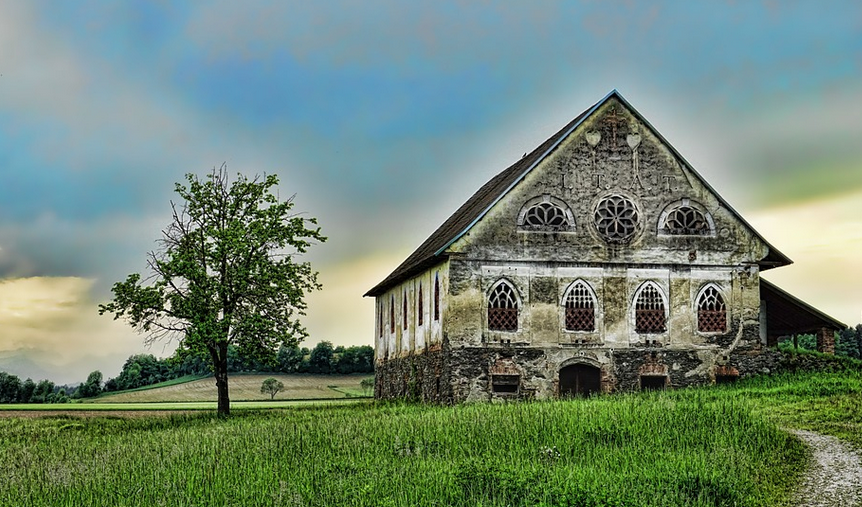What’s the Difference?
We all know those smooth, black surfaces that make up our roads— sometimes we call them “asphalt” and sometimes “blacktop.” But what exactly sets these two apart?
The truth is, while they share a common name and often get used interchangeably, asphalt and blacktop aren’t exactly the same. They are, however, both types of dense layers that provide our roads with stability and a durable surface. To understand their difference, it helps to look at what lies beneath.
The secret ingredient in asphalt and blacktop lies in its composition. Asphalt is primarily made up of aggregates like crushed rock or gravel mixed with bitumen, a sticky substance derived from petroleum-based products. This combination creates a robust and flexible foundation for our roads.
Asphalt: The Classic Choice
Let’s start by exploring asphalt. It’s the standard for most road surfaces worldwide. Here’s why it continues to be the go-to material:
- Durability: Asphalt is renowned for its ability to withstand heavy traffic, weather extremes, and even time itself. It can endure the hustle and bustle of daily commuting while resisting wear and tear from vehicles.
- Cost-Effective: Compared to other road materials, asphalt is relatively inexpensive to produce and install. This affordability makes it a practical choice for building and maintaining roads on a massive scale.
- Repairability & Maintenance: Asphalt is a highly repairable material. Repairing small cracks or patching potholes can be done easily with minimal disruption to traffic flow. Regularly scheduled maintenance helps extend its lifespan.
Blacktop: A Closer Look
Now, let’s delve into the world of blacktop. It’s a specific type of asphalt that often refers to concrete pavements or even thicker layers of asphalt. This term might come up when talking about industrial roads or parking lots where durability and longevity are crucial.
Blacktop is known for its:
- Thickness: Sometimes, “blacktop” refers to pavements that are thicker than standard asphalt, offering more weight-bearing capacity.
- Strength & Resistivity: Due to its thicker layers and denser aggregates, blacktop is often favored for areas with heavier traffic or in regions prone to significant weather fluctuations.
- Application & Design Flexibility: Blacktop can be used for a variety of applications. It can be utilized as part of parking lots, industrial roads, bridges, and even residential streets.
The Choice is Yours
In the end, choosing between asphalt and blacktop comes down to individual needs and priorities. The most appropriate choice will depend on factors like budget, construction requirements, desired lifespan, and traffic volume.
When it comes to building new roads or expanding existing ones, asphalt continues to hold its ground as a preferred material due to its affordability, durability, and ease of maintenance. Blacktop, on the other hand, offers added strength, longevity, and can be tailored for specific applications within industrial settings.
Whether you’re driving down your local city street or exploring a remote highway, it’s worth appreciating the role these materials play in shaping our transportation experience.
